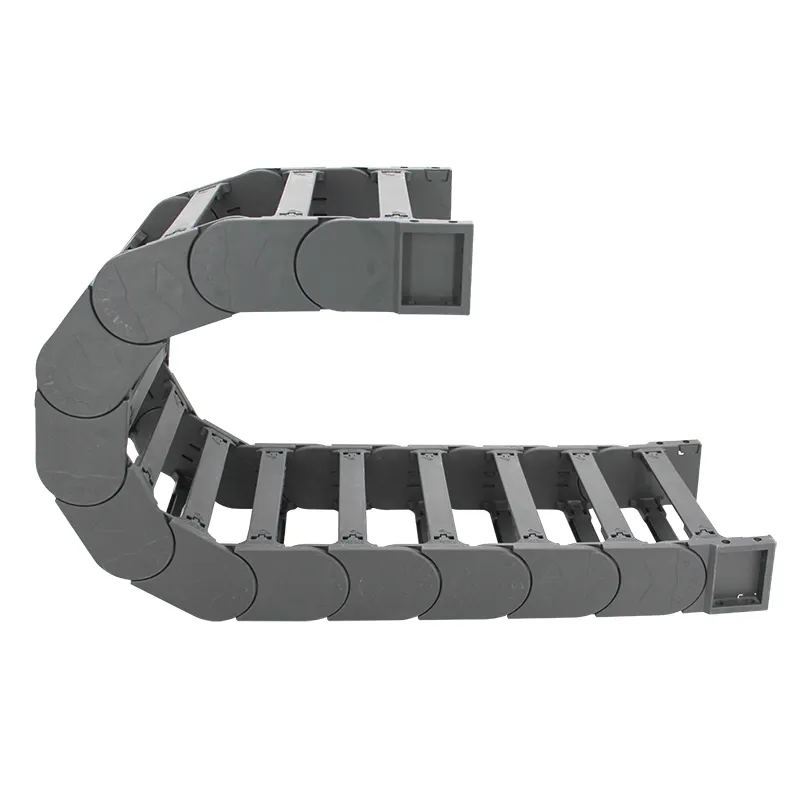corrugated wire conduit
Understanding Corrugated Wire Conduit Benefits, Applications, and Installation
Corrugated wire conduit is an essential component widely used in electrical installations, offering a protective solution for wiring systems in various environments. This flexible tubing is designed to shield electrical wires from physical damage, moisture, and various environmental factors, ensuring the safe and efficient operation of electrical systems. In this article, we will explore the benefits, applications, and installation of corrugated wire conduit.
Benefits of Corrugated Wire Conduit
1. Durability One of the primary advantages of corrugated wire conduit is its durability. The corrugated design provides structural integrity, making it resistant to impacts and abrasions. This is particularly important in industrial settings where heavy machinery might cause significant wear and tear on conventional conduits.
2. Flexibility Corrugated conduits are noted for their flexibility, allowing them to bend around obstacles without compromising the integrity of the wiring contained within. This flexibility makes installation easier in complex layouts, where rigid conduits might not fit.
3. Chemical Resistance Many corrugated wire conduits are made from materials that are resistant to a wide range of chemicals. This characteristic makes them suitable for use in chemical plants, laboratories, and other environments where exposure to aggressive substances could occur.
4. Protection from Elements Corrugated conduits can provide protection against moisture, dust, and other environmental factors that could damage electrical wiring. This makes them ideal for outdoor applications or in locations prone to severe weather conditions.
5. Easy Installation The lightweight design of corrugated wire conduits makes them easier to transport and install. Their inherent flexibility reduces the need for additional fittings or connectors, streamlining the overall installation process.
Common Applications
1. Residential Wiring In residential settings, corrugated wire conduits protect home electrical systems, particularly in areas like basements and attics where wires might be exposed to potential damage.
2. Commercial Buildings In commercial spaces, these conduits are used to route and protect wiring installations in offices, retail stores, and warehouse environments, ensuring safety and reliability.
corrugated wire conduit

3. Industrial Use Corrugated conduits are prevalent in industrial settings, where they protect wiring from heavy machinery, high temperatures, and chemical exposure. Their robust design caters to the demands of factories, manufacturing plants, and process industries.
5. Telecommunication Telecommunication companies often use corrugated wire conduits to protect cables that need to be run underground or in exposed locations, safeguarding them from environmental factors.
Installation Considerations
When installing corrugated wire conduit, it is essential to follow specific best practices
- Plan the Route Before installation, it’s crucial to plan the conduit route carefully. Consider potential obstacles and ensure that the path is as direct as possible to minimize bends and kinks.
- Use Proper Fittings Even though corrugated conduits can bend easily, it’s still advisable to use appropriate fittings at junctions and terminations to enhance stability and protection.
- Secure the Conduit Ensure that the conduit is secured at regular intervals using clamps or straps to prevent movement, which could cause wear over time.
- Check Local Codes Always check local electrical codes and regulations that may dictate specific requirements for conduit installation and protection.
Conclusion
In summary, corrugated wire conduit offers numerous benefits, including durability, flexibility, and protection from harsh environmental factors. Its wide range of applications makes it a versatile choice for electrical installations in residential, commercial, industrial, and automotive settings. By following proper installation practices, users can maximize the conduit’s effectiveness, ensuring safe and reliable electrical systems for years to come.








